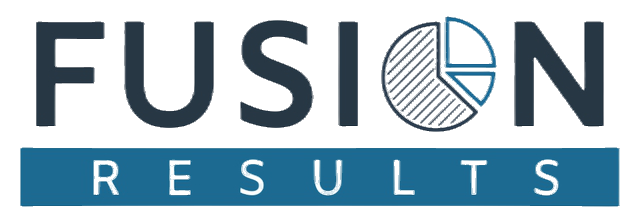In today’s competitive market, businesses are constantly seeking new ways to connect with their audience and stand out from the competition. One strategy that has proven to be effective in improving marketing effectiveness is personalization. By tailoring their marketing efforts to individual customers, businesses can create more meaningful connections, foster loyalty, and boost conversion rates.
What is Personalization?
Personalization, in the context of marketing, refers to the practice of creating customized experiences for individual customers based on their unique preferences, behavior, and needs. This can be achieved through various channels, such as email, social media, websites, and even in-store experiences. The goal of personalization is to make each interaction with a brand more meaningful and relevant to the customer, ultimately leading to increased customer satisfaction and loyalty.
Benefits of Personalized Marketing
Embracing the power of personalization offers numerous benefits for marketers and their businesses. Here are some of the key advantages:
- Increased Customer Engagement: Personalized content is more likely to capture a customer’s attention and keep them engaged, as it appeals directly to their interests and needs.
- Improved Customer Loyalty: By providing personalized experiences, businesses show their customers that they value and understand them, leading to stronger relationships and greater customer loyalty.
- Higher Conversion Rates: Personalized marketing campaigns tend to have higher conversion rates, as they target individuals with content that is specifically tailored to their preferences and needs.
- Better Customer Retention: Personalized marketing efforts can help keep customers coming back, as they feel more connected to the brand and appreciated for their individuality.
- Increased Revenue: Ultimately, the benefits of personalized marketing translate into increased revenue for businesses, thanks to improved customer engagement, loyalty, and conversion rates.
Implementing Personalization in Marketing
To leverage the power of personalization, marketers need to collect and analyze data on their customers’ preferences, behavior, and needs. This data can be gathered through various sources, such as website analytics, social media activity, and customer surveys.
Once the necessary data has been collected, marketers can use various marketing tools and technologies to implement personalization across different channels. Here are some examples:
- Email Marketing: Personalized email campaigns can be created using marketing automation tools that segment customers based on factors like browsing behavior, purchase history, and demographic information. Customized subject lines, email content, and product recommendations can all contribute to a more personalized email experience.
- Website Personalization: By using tools like content management systems and personalization engines, marketers can create personalized website experiences for their customers. This may include customized product recommendations, tailored content, and personalized offers based on the visitor’s browsing history and preferences.
- Social Media Marketing: Social media platforms offer various targeting options that enable marketers to create personalized ad campaigns. By using customer data to create targeted audience segments, businesses can deliver more relevant ads and content to their customers on social media.
- In-Store Experiences: Personalization can also be applied to in-store experiences, such as personalized offers and promotions based on a customer’s purchase history or loyalty program status.
Overall, the power of personalization can significantly improve marketing effectiveness by creating more meaningful connections with customers and fostering loyalty. By implementing personalized marketing strategies, businesses can stand out from the competition, boost conversion rates, and ultimately increase revenue.
